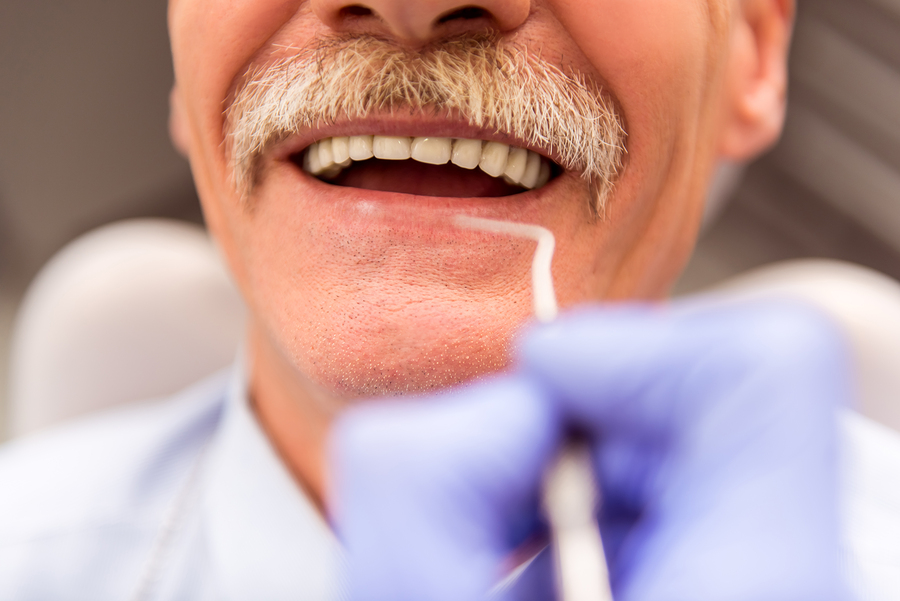Looking after your teeth over 50
Dental care has come so far in the last century that today we often take dental health for granted.
While it was once the norm that eventually teeth would be replaced with dentures, today most people happily keep their real teeth for life.
The key is looking after your teeth, particularly as you age.
Over time, teeth receive a lot of wear and tear – after the age of 50, teeth become thinner and more prone to breakage.
Medications can also lead to loss of moisture in the mouth, which also makes us more vulnerable to infection, gum disease and tooth decay.
The good news is that looking after your teeth is a simple as building good habits and following a common-sense approach. Here’s our top tips for looking after your teeth over 50.
See the dentist
A regular cleaning and check-up at your dentist is vitally important. Regular trips to the dentist mean you’ll be able to spot and deal with any problems as soon as they arise. You can get dental work covered or subsidised by the NHS to help cover the cost.
Use a soft bristled toothbrush
A soft bristled toothbrush will help you keep your teeth clean and prevent them from damage. Manually brushing your teeth is fine, but you may find it easier to use an electric toothbrush – it’s more effective at cleaning your mouth and takes less effort, too.
Watch your sugar intake
Sugar is a leading culprit of tooth decay, and can be particularly troublesome if you already have a dry mouth. Try to keep your sugar intake to a minimum, and save fizzy soft drinks as an occasional treat rather than an everyday indulgence.
Consider fluoride
Fluoride helps prevent enamel breakdown, which becomes more and more important as you age. Most toothpastes already contain fluoride, but you can also use a fluoride mouthwash to help protect your teeth as well.
Watch for cracked teeth
Teeth become more brittle over time, which can lead to chipping or cracking. Avoid biting down on hard foods and sweets that might crack your teeth and if you are known to grind your teeth when you sleep consider wearing a mouth guard. Pain is usually the first sign of a possible crack in your tooth. Check carefully for them and if you notice any changes, make an appointment to see your dentist.
Drink water
Lack of saliva is a common side effect of medication, and in general saliva production slows down over the course of your lifetime. Drinking plenty of water and avoiding drinks that will dry out your mouth like caffeine and alcohol can help counter this. Sucking on sugar-free candy can help you produce more saliva. For a healthier option, ice cubes also work. Just beware not to bite down on them.
Do you have any strategies for looking after your teeth?
Rachel - Silversurfers Assistant Editor
Latest posts by Rachel - Silversurfers Assistant Editor (see all)
- Sweet & Savoury Pancakes for Shrove Tuesday - February 13, 2025
- 5 romantic films to revisit this Valentine’s Day - February 12, 2025
- Living with tinnitus: an online guide - February 4, 2025
- The best of ABBA playlist - January 29, 2025
- How dating online can expand your options - January 20, 2025




















